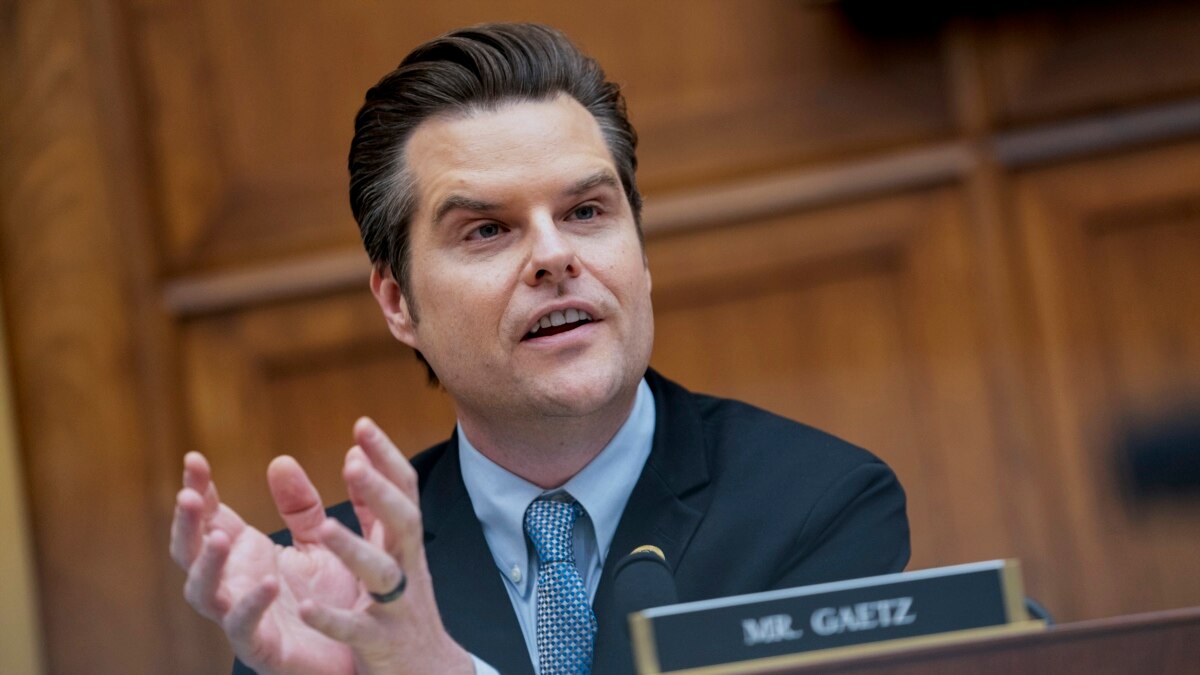Nairobi — The government is considering escalated enforcement measures that will see the recvery of defaulted Hustler Fund loans from Mpesa accounts and mobile airtime.
The move seeks to secure the payment of Sh7 billion from an estimated 13 million Kenyans who have defaulted payments of the government-funded social inclusion fund.
Financial Inclusion Fund (Hustler Fund) acting CEO Elizabeth Nkuku commented on the proposals in submissions before National Assembly’s Special Funds Account Committee.
“What we are looking at is to get money from their Mpesa or airtime, we are in the process of considering appropriate legal provision,” she said.
The proposal will however have to navigate strict provisions of Data Protection Act which bars unrestrained access to data unless it relates to an individual undertaking a personal activity, national security or public interest.
Nkuku disclosed that a large chunk of the defaulters are financially capable of repaying their debts citing data showing they transact an average of Sh21,000.
“They are mostly people who borrowed in the first and second months and the default amount [is] about Sh7 billion,” she told the House team.
The beauty of this Fund is that we have the phone numbers and the unique identifiers of the defaulters, the national ID. They are people of means, they are people who just don’t want to repay,” Nkuku remarked.
Data privacy concerns
Submissions before the committee also revealed that the government had not insured Hustler Fund against bad debt hence the proposal.
Kabuchai MP Majimbo Kalasinga demanded measures to secure the money . He threatened to push for its withdrawal over insurance concerns.
“Can we know if the money was insured and which insurance company? We can recommend the Fund to be wound up. How can we give out billions uninsured?” posed Kalasinga.
The new proposal could spark a fresh debate on data privacy with lawyers havig previously rejected a bid by the Kenya Revenue Authority (KAR) to access taxpayers’ Mpesa and bank account details in probing tax cheats and compliance.
The Law Society of Kenya, in contained in the Finance Bill, 2024, compromised the right to privacy.
“The proposal undermines the rights guaranteed by Article 31 and Article 24 of the Constitution,” LSK said at the time.
In the bill, the National Treasury wanted the taxman exempted from the law prohibiting it from accessing taxpayers’ private data.
The provision sought to grant KRA access “when disclosure is necessary for the assessment, enforcement or collection of any tax or duty under a written tax law.”
Under existing laws, government institutions cannot compel banks and telecommunications companies to disclose customers’ data unless served a court order.
Article 31 of the Constitution provides for the right to privacy which among other things requires that “information relating to their family or private affairs unnecessarily required or revealed”.
The Data Prptection Act enforces the right to oprivacy.









